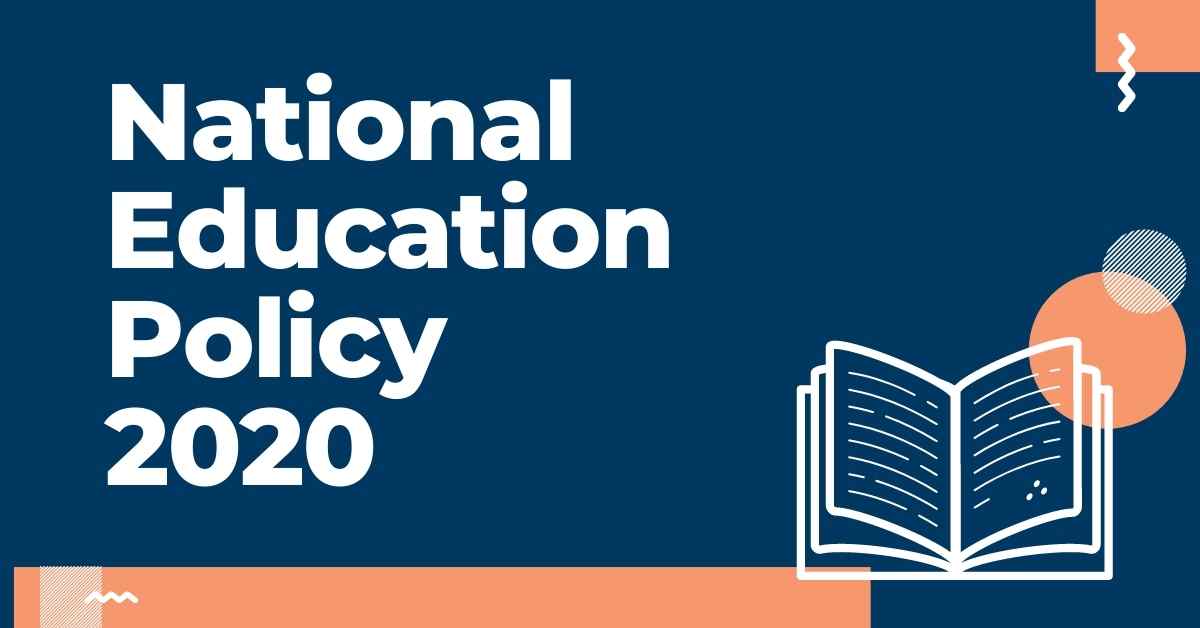
National Education Policy 2020 (NEP) has marked an epoch development in the educational landscape of India. The policy envisions an India centred education system compatible to transform India to a vibrant knowledge society.
Remarkably, the thrust area of the new education policy is to make the system of education well-resourced and multidisciplinary by the consolidation of multiple educational institutions and disciplines. The proposed creative combination of study and multiple entry and exit makes the system highly flexible and accessible. The traditional rigidity of the formal system and standalone institutions will be replaced with high-quality liberal education that provides an optimal learning environment and multidisciplinary education that provides adequate provision for student mobility.
Major highlights of the policy on Higher Education includes
Institutional restructuring and reconsolidation:
The Policy has recommended Large multidisciplinary universities or Higher Educational institutional clusters which are well resourced, vibrant, autonomous and multidisciplinary. The report has suggested a consolidation of (800 universities and 44,000 colleges) to 15000 large institutions with teaching and research programs across disciplines and fields.
Three types of institutions:
As per the policy directives, there will be three types of institutions. Type 1 focuses on world-class research and high-quality teaching. Type 2 with a major focus on high-quality teaching and significant contributions to research. Type 3 institutions will serve the undergraduate program with high-quality teaching. However, the new National Education Policy targets to transform all institutions of higher education to either universities or degree-granting autonomous colleges.
High-quality liberal education:
Transformation of the society to a class of dynamic, productive and thoughtful citizens through liberal education should be the primary focus of higher education. Hence multidisciplinary exposure intended to develop constitutional values, cultural heritage, social accountability, important life capacities, ethics of social and moral engagements along with rigorous disciplinary understanding will form the part of the curriculum.
Flexible curricular structure:
Liberal curriculum with a creative combination of disciplines and multiple points of entry and exit makes the higher education system highly flexible. This freedom in the higher education system breaks the prevalent rigid boundaries and provides possibilities of lifelong learning. According to the policy, the undergraduate program will be of 3 or 4 years of duration. The institution may provide provision for multiple entries and exits with appropriate certification. Hence a student can gain a diploma after successful completion of a one-year program. An advanced diploma on successful completion of a 2 years program. The 3-year program will lead to Bachelor of Art and 4-year program leading to a Bachelor of Liberal Arts
Flexibility in Master’s Programs:
Institutions have the flexibility to design multiple variants of a Master’s program.
Type 1 combination: A 2-year master’s programme with the 2nd year entirely for research. This program is offered to students who have successfully completed a 3-year bachelor’s Program.
Type 2 combination: A 1-year programme offered to students who have successfully completed a 4-years undergraduate degree program with honours.
Type 3 combination: 5-year integrated master’s program.
NEP has suggested discontinuing the M.Phil program. The eligibility for PhD will be a master’s program or a 4-year undergraduate program with honours.
Conducive Learning environment:
The policy has suggested a curriculum optimization for ensuring a joyful, rigorous, engaging, responsive and effective pedagogical environment that fosters an overall development of the students. The students should be exposed to numerous and meaningful social engagement to develop their capacities and dispositions for an effective social life. Choice-based credit systems will be improved to allow flexibility and innovations.
Open learning and Internationalization:
The distance education program will be expanded to increase the gross enrolment ratio to 50%. The online platforms like digital repositories, digital media for virtual learning, credit-based recognition of MOOCs will be ensured in par with high-quality in-class programs. Internationalization of education will be facilitated through institutional collaboration and mobility of students and faculty.
Empowering Faculty:
The pivotal factor that decides the quality of an education system is its faculty with competence and commitment. All institutions should have adequate faculty to meet the program and subject needs. The desired student-teacher ratio of 30:1 should be ensured. The faculty will be empowered to make curricular choices for their course and pursue research with academic freedom. All institutions should develop continuous faculty development programs to keep the faculty members abreast with the latest trends in discipline, pedagogy and research.
Empowered Governance and autonomy:
Academic, administrative and financial autonomy will be provided to all institutions for fostering high-quality education and research and in a nurturing culture. The process of affiliation will be stopped. Higher education institutions will be governed by independent Boards. Here, all institutions will have the freedom to develop curricula, start and run programmes, decide resource requirements and develop internal systems. Faculty will be having academic freedom in deciding pedagogical approaches, student assessment and research.
Transformation of the Regulatory System:
The NEP has suggested the distribution of regulatory function to various authorities for the elimination of the concentration of powers and elimination of the interest. As per these guidelines, standard-setting, funding, accreditation and will be carried out by different independent bodies. The National Education Regulatory Authority will be the only regulatory authority for Higher Education including Professional Education. All the current regulatory authorities will be transformed into professional standard-setting bodies. The present University Grants Commission will be transformed into Higher Education Grants Council responsible for the funding of Higher Education. The General Education council will be set up and will develop the National Higher Education Qualifications Framework to frame Graduate attributes and expected learning outcomes to facilitate the implementation of Outcome-based Education. The National Assessment and Accreditation Council will be responsible for the assessment and accreditation of the institutions. The assessment parameter will be based on the regulation put forth by the regulatory authority.
Rashtriya Shiksha Aayog:
Rashtriya Shiksha Aayog or National Education Commission headed by the Prime Minister – this will be the custodian of the vision of education in India.
Positively, In the lines of National Education Policy, the Higher Education Institutions are vested with a higher responsibility of teaching by the adoption of innovative methods, promotion of research, coordinate and support peer institutions for mutual benefits, active involvement in community engagements and services, to work in par with the industrial and societal needs, to support faculty for enhancement of their competencies and support school education.
The observations and recommendation of NEP 2020 are definitely very progressive. It gives a fresh look to the educational system by inbuilt flexibility and mark of quality that is capable of moulding India to a vibrant knowledge society rooted in our rich cultural heritage.
Events and Webinars on NEP 2020
We have built a page on events, seminars and webinars about National Education Policy 2020 (NEP), organised by various authorities. If you are aware of any such events, please let us know using the comment box.

In a significant stride towards enhancing the quality of higher education, Kerala is set to introduce a four-year undergraduate programme in its colleges. FYUGP offers students a variety of flexible pathways suitable for developing different levels of competencies in disciplines. Key considerations for colleges under a Four-Year Undergraduate Programme As Kerala gets ready to launch […]
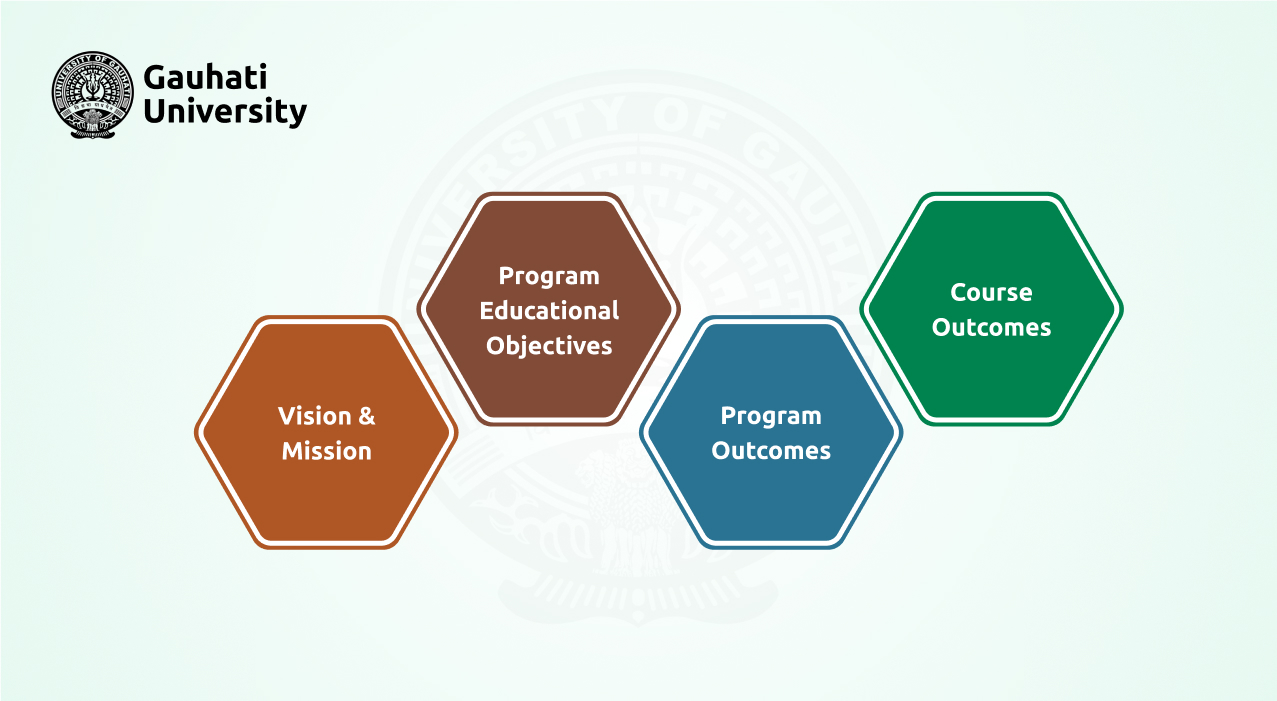
Gauhati University recently made significant strides towards enhancing the quality of Higher Education across the North East region by signing a Memorandum of Understanding (MOU) with IPSR Solutions Limited. This significant agreement designates Gauhati University as a mentor in Outcome Based Education (OBE) for Higher Educational Institutions (HEIs) throughout the region. Through this MOU, IPSR […]
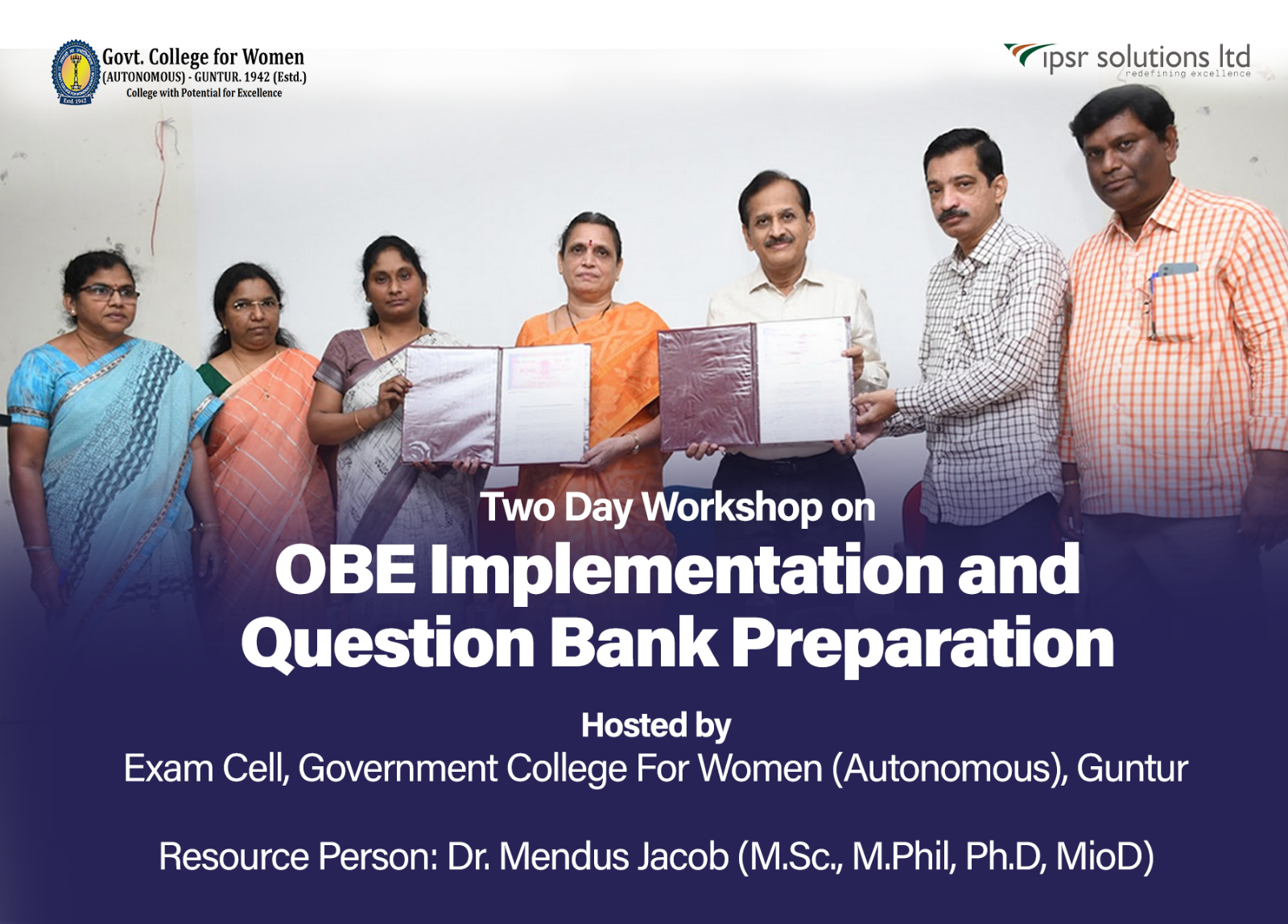
In a remarkable stride towards enhancing educational practices, Government College for Women Autonomous, Guntur, Andhra Pradesh, commenced on an enlightening two-day workshop on Outcome-Based Education (OBE) Implementation and Question Bank Preparation. Held on February 6th and 7th, 2024, this initiative was a collaborative effort with ipsr solutions limited, the recent OBE (Outcome-Based Education) workshop held […]
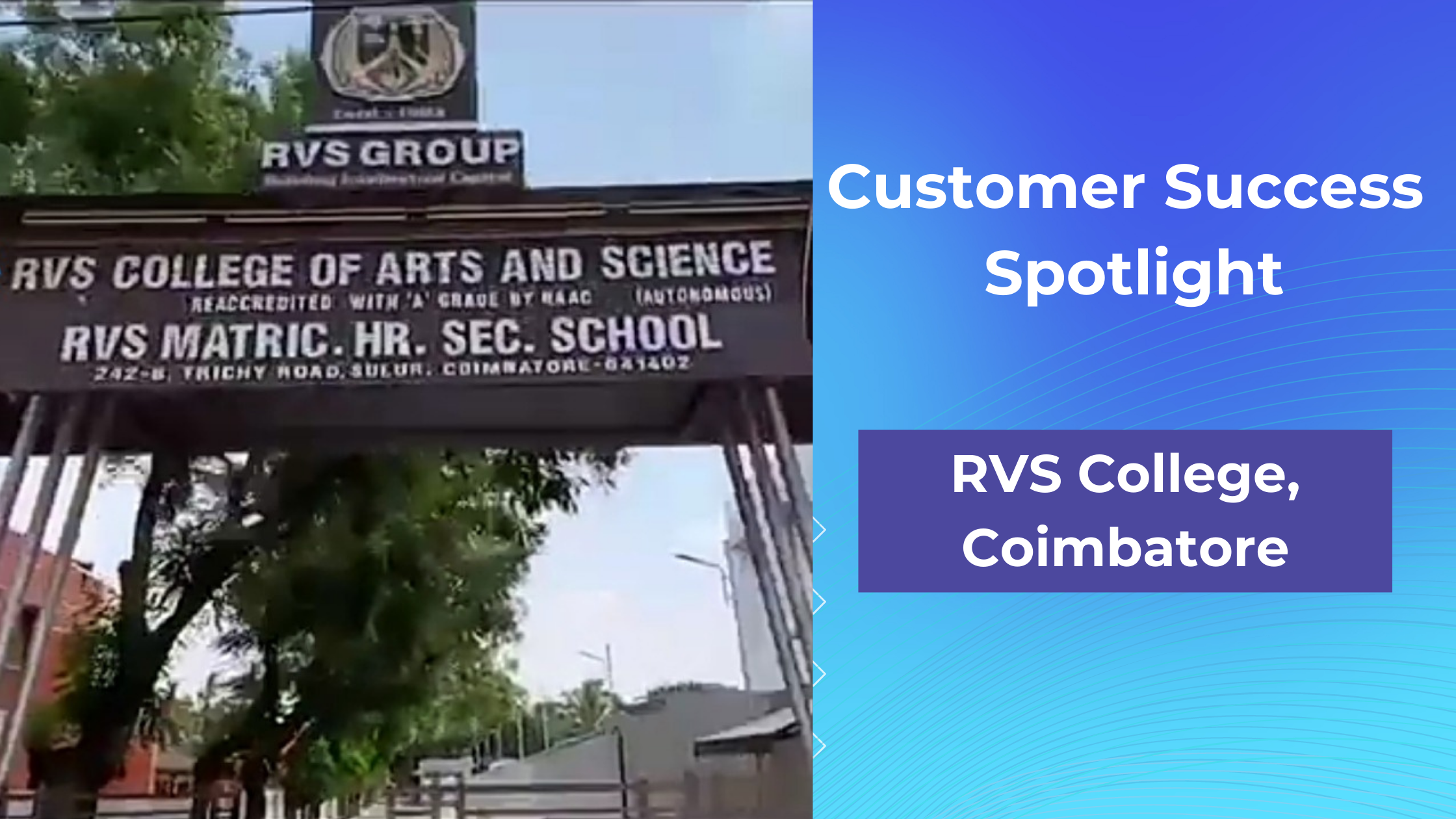
A journey begins. In 2019, just before the pandemic started, we were contacted by RVS College regarding OBE implementation. That’s how our relationship with our latest QnSmart i customer began. Our deep expertise, our research insights, and our dedication and focus on helping colleges and universities get geared for today’s education landscape convinced RVS College […]
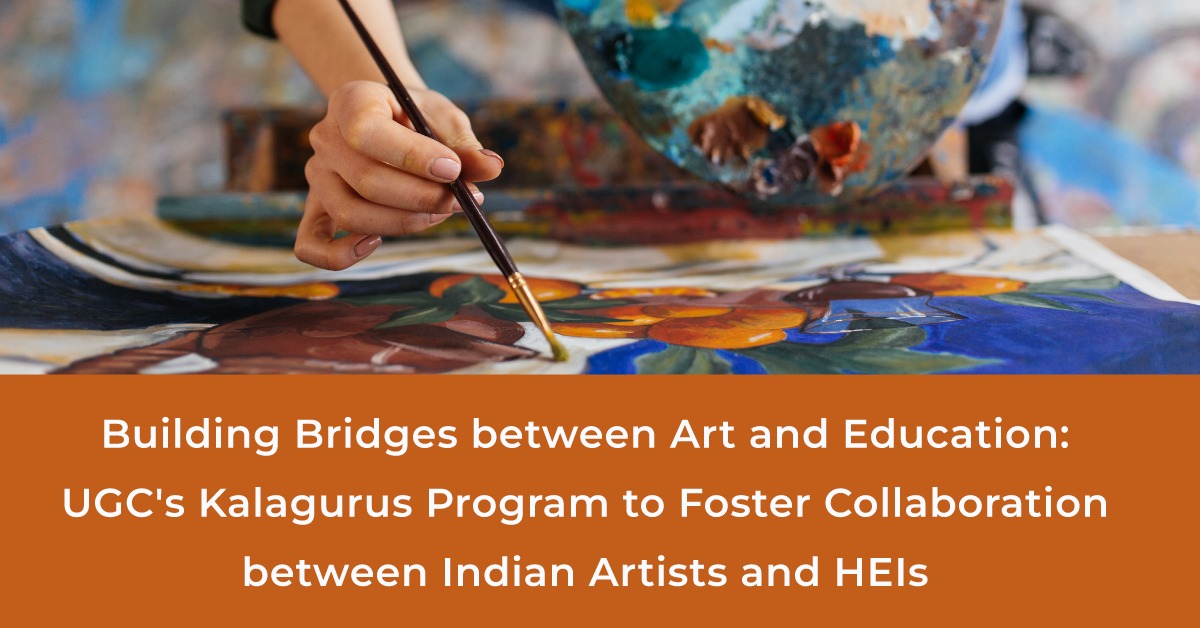
UGC promotes inclusion of Indian Artists and Artisans in Indian HEIs as ‘Kalagurus’ The University Grants Commission (UGC) has recently proposed a draft regulation that will appoint local artists and artisans in colleges and universities. This initiative aligns with the National Education Policy 2020‘s goal of bridging the gap between higher education and the arts. […]

Understanding India: NEP-aligned Short Term courses on Indian Heritage and Culture India is a land of rich heritage and culture, and the University Grants Commission (UGC) has proposed introducing courses that showcase this diversity to attract international students. The UGC has issued draft guidelines for higher educational institutions to offer short-term modular programs on various […]
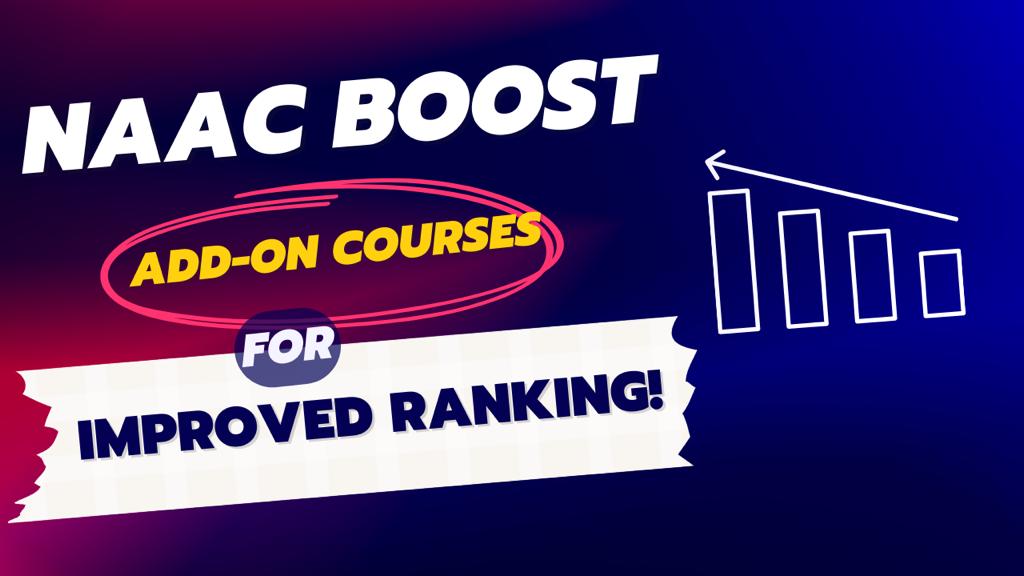
Add-on courses are short-term training programs that are designed to supplement the core curriculum of a degree program. These courses are usually offered as certificate or diploma courses, and they provide students with additional skills and knowledge that are relevant to their field of study. Add-on Courses and the New Curriculum Framework The hallmark of […]
Red Hat Academy (RHA) is a Free Academic partnership from Red Hat, the American multinational software company...

In a significant stride towards enhancing the quality of higher education, Kerala is set to introduce a four-year undergraduate programme in its colleges. FYUGP offers students a variety of flexible pathways suitable for developing different levels of competencies in disciplines. Key considerations for colleges under a Four-Year Undergraduate Programme As Kerala gets ready to launch […]